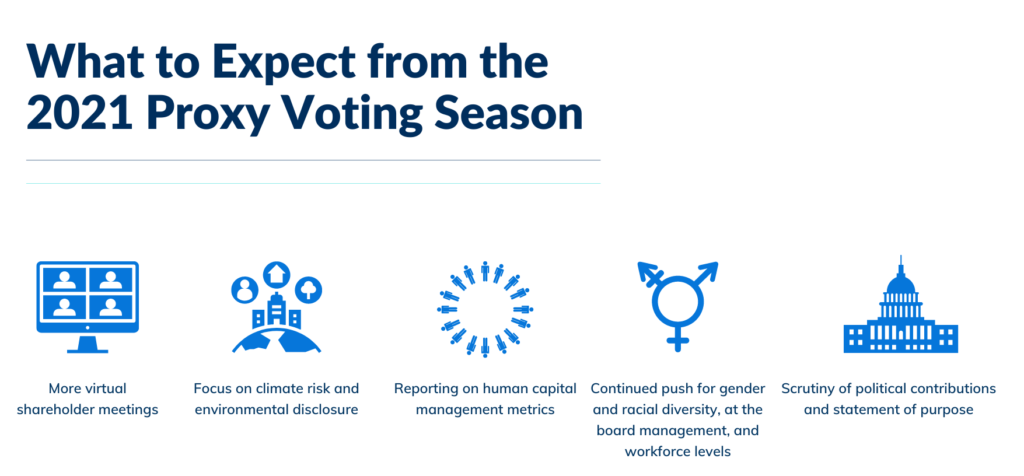Posted by David Meister and Jocelyn E. Strauber, Skadden, Arps, Slate, Meagher & Flom LLP, on
Thursday, February 11, 2021
Biden
Forecasting the enforcement priorities of the Department of Justice (DOJ) under a new administration is difficult at best. However, the Biden administration is widely expected to be tougher on corporate crime than its predecessor, consistent with the approach of prior Democratic administrations. If that is the case, the DOJ’s policies and priorities over the past four years that have emphasized individual culpability while incentivizing robust corporate compliance programs presumably will continue unchanged. However, Trump administration policies that arguably reflect a more business-friendly approach to corporate prosecutions will likely be revised or abandoned by the new administration, which is expected to more closely scrutinize and aggressively pursue corporate misconduct, including on the part of financial institutions. In addition, Foreign Corrupt Practices Act (FCPA) investigations, a key enforcement area in the Obama and Trump administrations, are expected to remain a focus, while changing economic realities—including the aftermath of the COVID-19 pandemic—are likely to shape the DOJ’s enforcement priorities, at least for the next year.
Emphasis on Individual Culpability
The DOJ’s focus on individual culpability in corporate prosecutions was formally announced in September 2015 in the so-called Yates Memorandum, issued by then-Deputy Attorney General Sally Yates. Rod Rosenstein, Yates’ successor, stated in late 2018 that pursuing culpable individuals remained a “top priority in every corporate investigation,” a claim supported by the annual reports of the DOJ’s Fraud Section, which principally prosecutes FCPA, health care fraud and securities fraud cases. The reports show an increase in the number of individuals charged during each year of the Trump administration, from 300 in 2016, the year before he took office, to 478 in 2019. Although 2020 tallies are not yet available, there is no indication that the DOJ’s priorities shifted over the past year; for example, the DOJ announced charges against 345 individuals for health care fraud offenses in September 2020. (See “Biden Administration’s Expected Impact on Health Care and Life Sciences Enforcement.”) There is every reason to believe that the DOJ will continue to prioritize charging individual actors, including culpable corporate officers and employees, in the coming year.
READ MORE »
